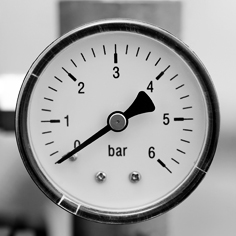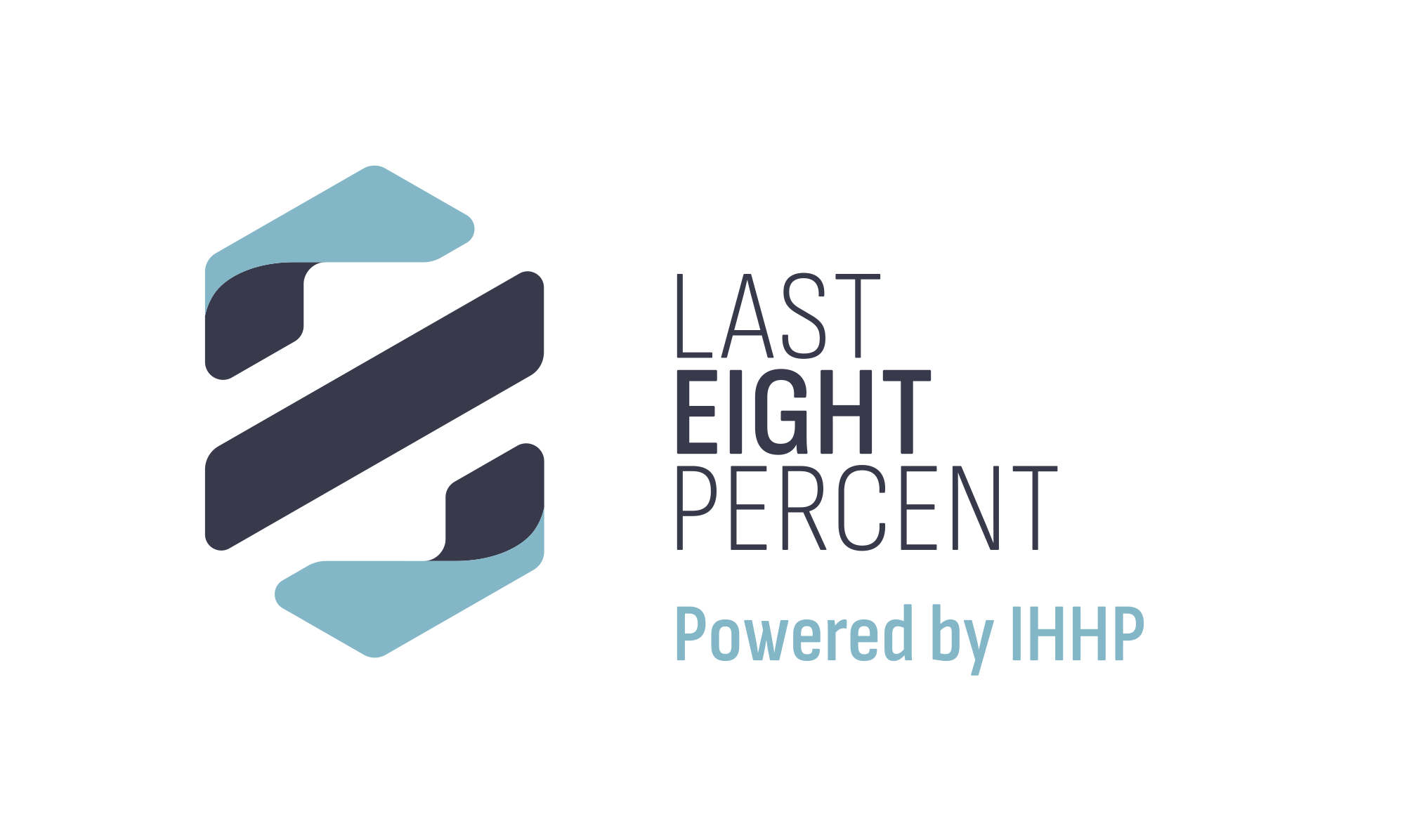 One of the major findings in our book, Performing Under Pressure, and one that surprises many of the people we train is that no one performs better under pressure. Hard to believe but it is true. In spite of what many of us have been led to believe, no one ‘rises to the occasion’ or performs better under pressure. Research is clear that pressure diminishes our cognitive abilities, our ability to think and make decisions as well as our psychomotor abilities – the ability to throw a football, putt a golf ball or shoot a basketball. (Yes, even Michael Jordan shot worse under pressure.)
One of the major findings in our book, Performing Under Pressure, and one that surprises many of the people we train is that no one performs better under pressure. Hard to believe but it is true. In spite of what many of us have been led to believe, no one ‘rises to the occasion’ or performs better under pressure. Research is clear that pressure diminishes our cognitive abilities, our ability to think and make decisions as well as our psychomotor abilities – the ability to throw a football, putt a golf ball or shoot a basketball. (Yes, even Michael Jordan shot worse under pressure.)
This, along with the fact that pressure makes us feel uncomfortable or worse – a coach of a major league sports team I used to coach would get physically sick before every match of the eighty games his team played in a season – is why many individuals become avoidant when it comes to pressure. They either avoid pressure situations entirely or they don’t fully commit to their task and under-perform.
The problem with a default behavior of avoidance is that we miss the opportunity that pressure presents: to adapt and get better. We see this in sports and business all the time. It is why competition is healthy and important. The US car manufacturers do not improve the quality of their automobiles without the pressure of Japanese and European car makers. Pressure creates an ‘adaptive opportunity’ like no other and as such, for the wise individual, is something that should be welcomed and approached.
 In this way, pressure represents an irony: it diminishes us in the moment (and feels acutely uncomfortable), but it is also what can make us better in the long term. There is no better example of this irony of pressure than Oprah Winfrey. In her first job as an anchor woman in Baltimore, Oprah was unable to manage the pressure of her first big assignment and, in a very public way, was fired. But while she was not able to handle pressure effectively in the moment, she obviously used this pressure situation to learn and get better.
In this way, pressure represents an irony: it diminishes us in the moment (and feels acutely uncomfortable), but it is also what can make us better in the long term. There is no better example of this irony of pressure than Oprah Winfrey. In her first job as an anchor woman in Baltimore, Oprah was unable to manage the pressure of her first big assignment and, in a very public way, was fired. But while she was not able to handle pressure effectively in the moment, she obviously used this pressure situation to learn and get better.
According to Oprah, “Not all my memories of Baltimore are fond ones,” she says. “But I do have some fond memories of Baltimore, because it grew me into a real woman. I came in naive, unskilled, not really knowing anything about the business — or about life. And Baltimore grew me up.” I want you to think about Oprah as you face your next pressure moment or situation and commit to taking the ‘long view’ of pressure. Your pressure situations won’t feel comfortable in the moment and it may make you want to consider avoiding it completely, but keep in mind that it also represents an adaptive opportunity. One that has the potential to make you better. All of our pressure situations are not something to be avoided, but something to be approached and sought out.
As Andre Gide pointed out: “Man [and woman] cannot discover new oceans unless he has the courage to lose sight of the shore.”
Learn how to perform at your best in high-pressure moments by picking up a copy of the New York Times best-selling book, “Performing Under Pressure.”

